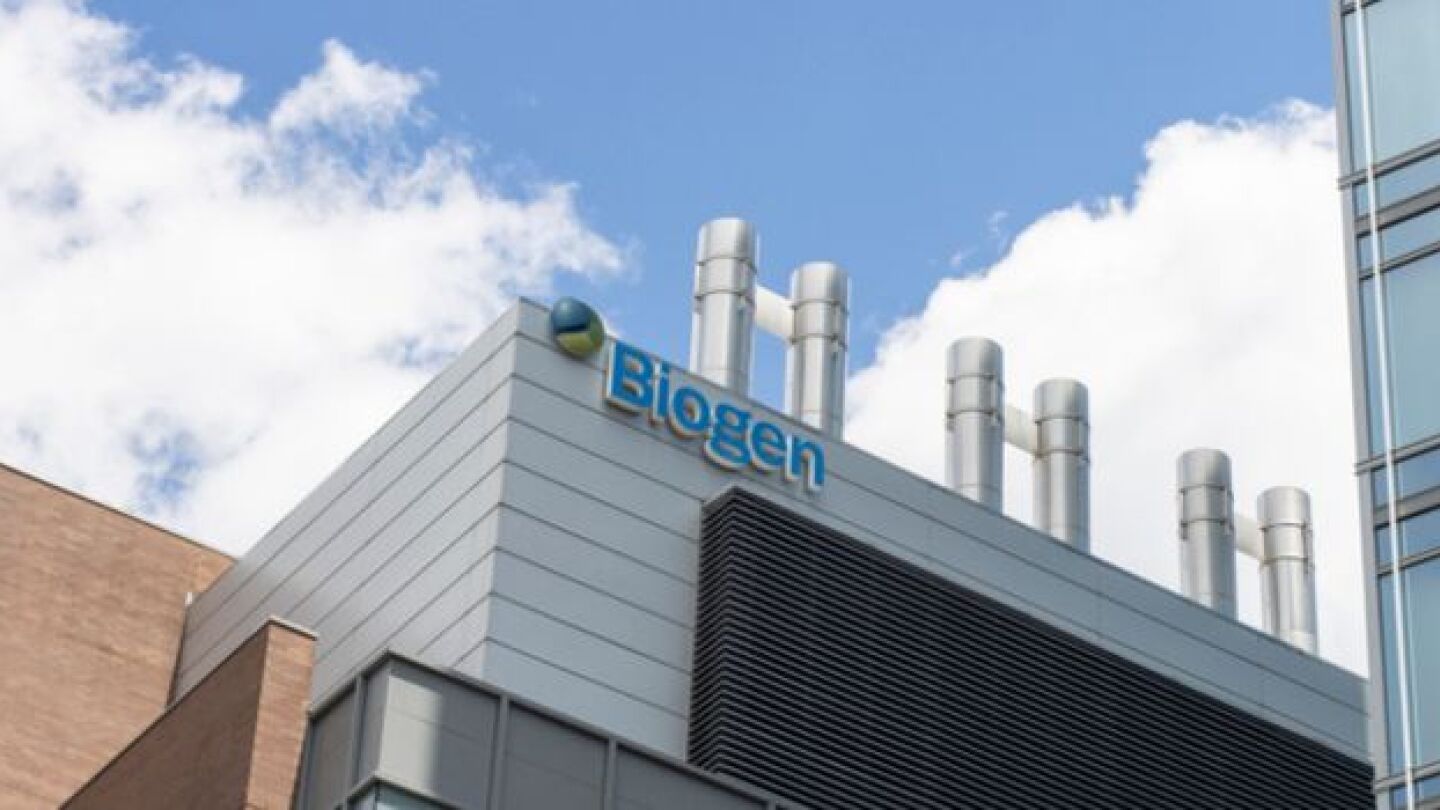News
In a volatile industry, staying put might seem like a smart bet, but job hugging can quietly erode your visibility, growth and future opportunities.
FEATURED STORIES
While it’s impossible to make apples-to-apples comparisons of the many obesity candidates with so many differences across clinical trials, we at BioSpace are giving it our best shot.
With results from highly anticipated trials of Eli Lilly’s orforglipron and Viking Therapeutics’ VK2735 “underwhelming” investors, William Blair’s Andy Hsieh predicts weight loss pills will play a bigger role in low- and middle-income countries than in the U.S.
Regulations aiming to lower the cost of vital medicines will instead end up restricting access and disincentivizing R&D.
Job Trends
4D Molecular Therapeutics today announced that management will participate in fireside chats at upcoming investor conferences in June.
FROM OUR EDITORS
Read our takes on the biggest stories happening in the industry.
Unpredictable communication and a lack of transparency are eroding the industry’s and the public’s trust. The FDA, experts agree, needs to take control of the narrative.
THE LATEST
Three draft recommendation documents published on Wednesday are intended to guide drug sponsors and accelerate the development of cell and gene therapies.
While Harmony management has not disclosed future plans for ZYN002, Jefferies analysts expect the asset to be shelved.
Talent acquisition leaders at leading pharma and biotech organizations are leveraging technologies, including automation, to develop internal talent marketplaces and systems that support upskilling and reskilling their workforce. BioSpace spoke to leaders at Pfizer and Bayer about their evolving approach to resourcing.
Acadia Pharmaceuticals was testing the drug, an intranasal formulation of the oxytocin analogue carbetocin, for its potential to ease hyperphagia in the rare neurological condition.
Sanofi Ventures, which now has $1.4 billion in total assets, will focus its investment efforts on early players working in immunology, rare diseases, neurology and vaccines.
If approved, uniQure’s gene therapy AMT-130—which slowed disease progression by 75%—would be the first genetic treatment for Huntington’s disease. A BLA submission is planned for the first quarter of 2026.
The issues the regulator found include the failure to comprehensively review complaints and product defects.
Lilly expects to open 615 high-wage roles in Texas in connection with its new facility, plus around 4,000 construction roles.
The regulatory action marks the second rejection for a spinal muscular atrophy therapy this week after Scholar Rock’s apitegromab was issued a complete response letter on Tuesday, similarly on manufacturing grounds.
The FDA is hoping to repurpose GSK’s Wellcovorin for cerebral folate deficiency; Pfizer acquired fast-moving weight-loss startup Metsera for nearly $5 billion after suffering a hat trick of R&D failures; psychedelics are primed for M&A action and Eli Lilly may be next in line; RFK Jr.’s revamped CDC advisory committee met last week with confounding results; and Stealth secured its Barth approval.

















